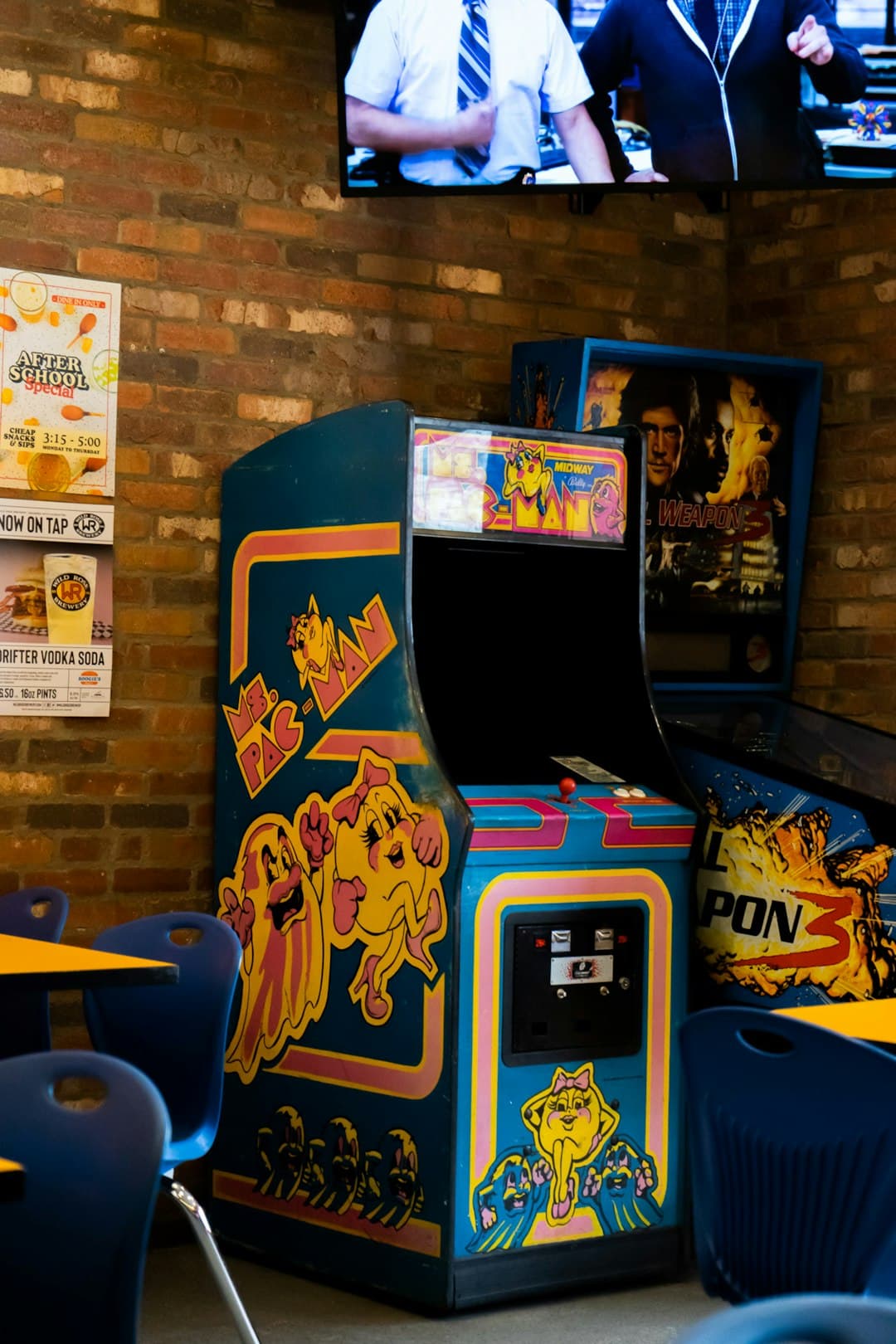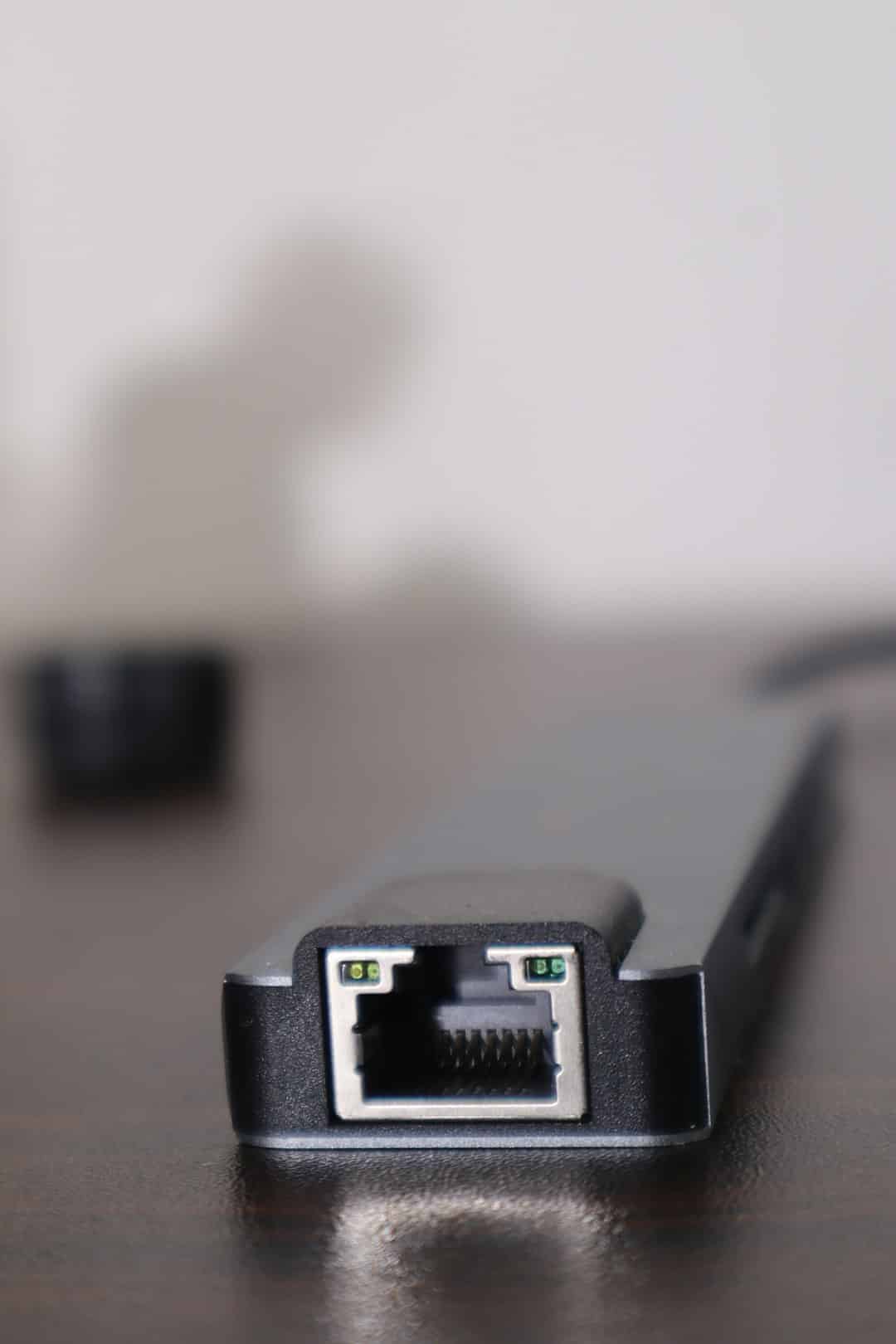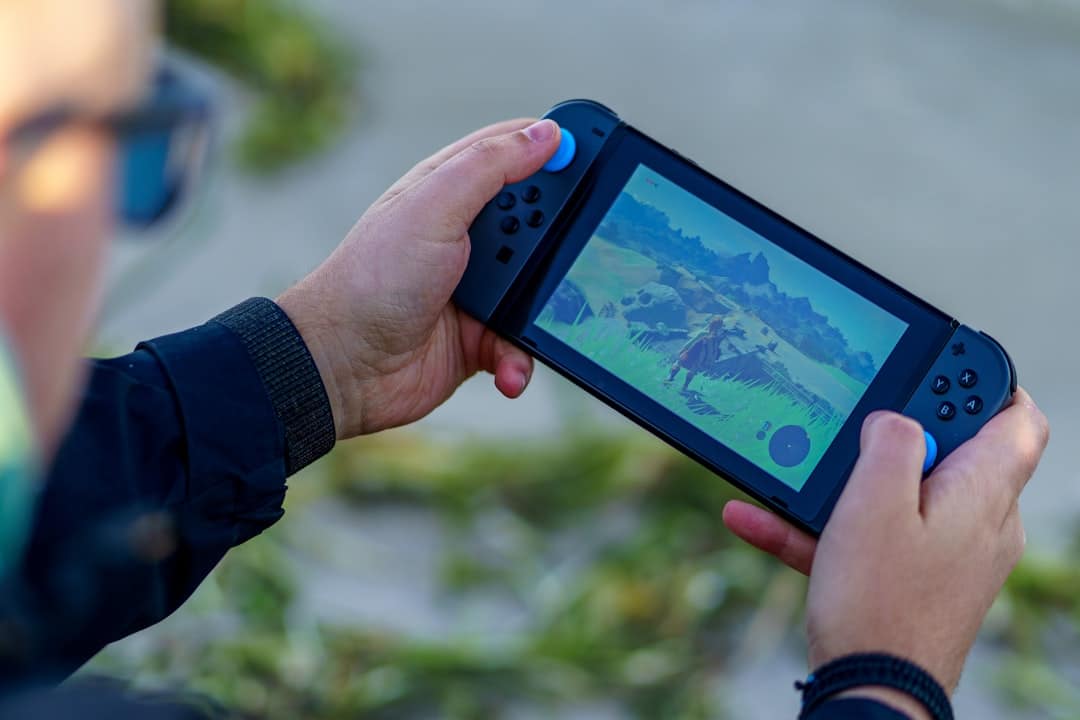Playing Call of Duty (COD) with a strict NAT type can be a frustrating experience for many gamers. Network Address Translation (NAT) is a critical aspect of online gaming that determines how well your console or PC connects with other players. While it is possible to play COD with a strict NAT type, it significantly limits connectivity, affects matchmaking, and can diminish the overall multiplayer experience.
Understanding NAT Types
There are three primary NAT types:
- Open NAT: Provides the best connectivity and allows direct communication with all other NAT types.
- Moderate NAT: Offers decent connectivity but may have slight limitations when connecting with other players.
- Strict NAT: Has the most limitations and can only connect with players who have open NAT types.
When a player has a strict NAT type, the number of available matches they can connect to is reduced. This makes it harder to find games quickly, and in some cases, it can even cause failed connections or long matchmaking times.

Consequences of Playing COD with a Strict NAT Type
A strict NAT type impacts several key aspects of Call of Duty’s multiplayer experience:
- Limited Peer Connections: A strict NAT limits the player to only connecting with others who have open NAT types, reducing the player pool significantly.
- Voice Chat Issues: Communication may break down, making it difficult to hear or speak with teammates.
- Increased Lag and Latency: Because of indirect and inefficient routes used for data, players experience lag spikes or delayed actions.
- Matchmaking Delays: Finding a match can take significantly longer due to reduced compatibility with other players’ NAT types.
While some matches may still be accessible with a strict NAT, they’re generally less stable. Players may frequently get disconnected or have trouble joining lobbies hosted by friends.

Can You Fix a Strict NAT Type?
Yes, a strict NAT type is not permanent and can be improved by configuring your network settings. Here are some common solutions:
- Enable UPnP (Universal Plug and Play): This allows the router to automatically open the necessary ports for online play.
- Port Forwarding: Manually open the specific TCP and UDP ports required by COD games.
- DMZ (Demilitarized Zone): Place your gaming device into the DMZ of your router to bypass firewall restrictions. This is less secure but often effective.
- Use a Wired Connection: Ethernet connections provide more stable and reliable NAT behavior than Wi-Fi.
Following these steps typically changes a strict NAT to moderate or open, greatly improving the online experience.
Do Platforms Handle NAT Differently?
Yes, the method of determining NAT type varies across platforms:
- Xbox: Has detailed NAT status reports and often refers to it as ‘Strict’, ‘Moderate’, or ‘Open’.
- PlayStation: Reports NAT as Type 1, 2, or 3, roughly mapping to Open, Moderate, and Strict, respectively.
- PC: NAT issues depend on router settings and firewall configuration, with matchmaking symptoms similar across platform.
Players often find the best success with NAT-related changes by checking both in-game and console network settings for guidance.
FAQ
-
Q: Can I still play COD online with a strict NAT type?
A: Yes, but you will face limitations in matchmaking, voice chat, and connectivity stability.
-
Q: What’s the best NAT type for Call of Duty?
A: Open NAT is ideal for seamless gameplay, fast matchmaking, and stable voice chat.
-
Q: How do I know what my NAT type is?
A: You can check your NAT type in the game’s network settings menu or through your console’s or PC’s network diagnostics screen.
-
Q: Will opening ports help improve NAT type?
A: Yes, port forwarding is one of the most effective ways to change NAT type from strict to either moderate or open.

